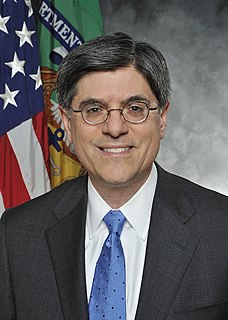A Quote by Paul Saffo
The most important thing that a company can do in the midst of this economic turmoil is to not lose sight of the long-term perspective. Don't confuse the short-term crises with the long-term trends. Amidst all of these short-term change are some fundamental structural transformations happening in the economy, and the best way to stay in business is to not allow the short-term distractions to cause you to ignore what is happening in the long term.
Quote Topics
Allow
Amidst
Best
Best Way
Business
Cause
Change
Company
Confuse
Crises
Distractions
Economic
Economy
Fundamental
Happening
Ignore
Important
Important Thing
Long
Long Term
Long-Term
Lose
Midst
Most
Most Important Thing
Perspective
Short
Short-Term
Sight
Some
Stay
Structural
Term
The Most Important
Thing
Trends
Turmoil
Way
Related Quotes
Being captive to quarterly earnings isn't consistent with long-term value creation. This pressure and the short term focus of equity markets make it difficult for a public company to invest for long-term success, and tend to force company leaders to sacrifice long-term results to protect current earnings.
Frequent comparative ranking can only reinforce a short-term investment perspective. It is understandably difficult to maintain a long-term view when, faced with the penalties for poor short-term performance, the long-term view may well be from the unemployment line ... Relative-performance-oriented investors really act as speculators. Rather than making sensible judgments about the attractiveness of specific stocks and bonds, they try to guess what others are going to do and then do it first.
The thing that I learned early on is you really need to set goals in your life, both short-term and long-term, just like you do in business. Having that long-term goal will enable you to have a plan on how to achieve it. We apply these skills in business, yet when it comes to ourselves, we rarely apply them.


































